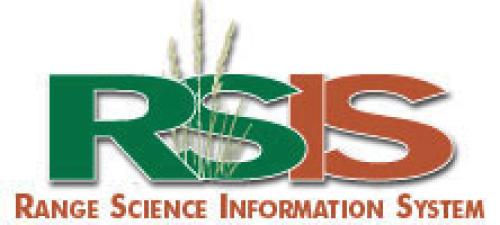Quantity and quality of surface runoff was determined for ungrazed, heavily grazed and severely grazed watersheds. Volume of runoff differed each year (1998, 1999, 2000) and across watersheds, with lower runoff in the ungrazed watershed compared with the heavy and severe grazing. The dominant external factors influencing water quality were year of study, water temperature, and grazing. Surface runoff discharge did not influence water quality measurements. The dominant water quality parameters were total carbon, organic carbon, total dissolved solids, and electrical conductivity. This study indicated that during the three years, the surface runoff volumes from the watersheds were small, and grazing of these watersheds posed little risk of nutrient contamination of adjacent streams, although organic carbon loading and dissolved solids may be of concern. Parasites were detected in two or less runoff water samples each year, and thus pose little risk of contamination of adjacent streams.

Citations and enhanced abstracts for journals articles and documents focused on rangeland ecology and management. RSIS is a collaboration between Montana State University, University of Idaho, and University of Wyoming.